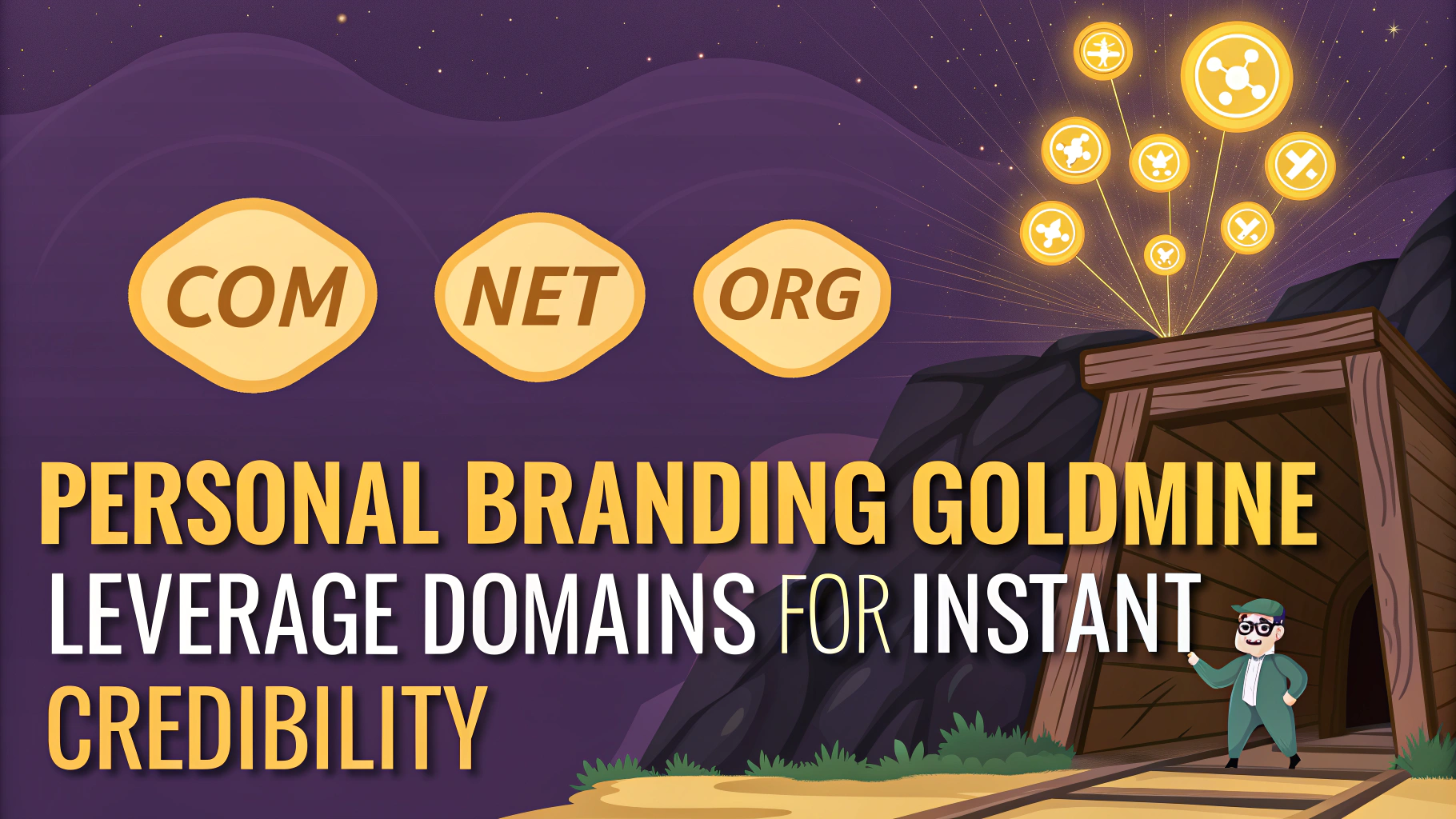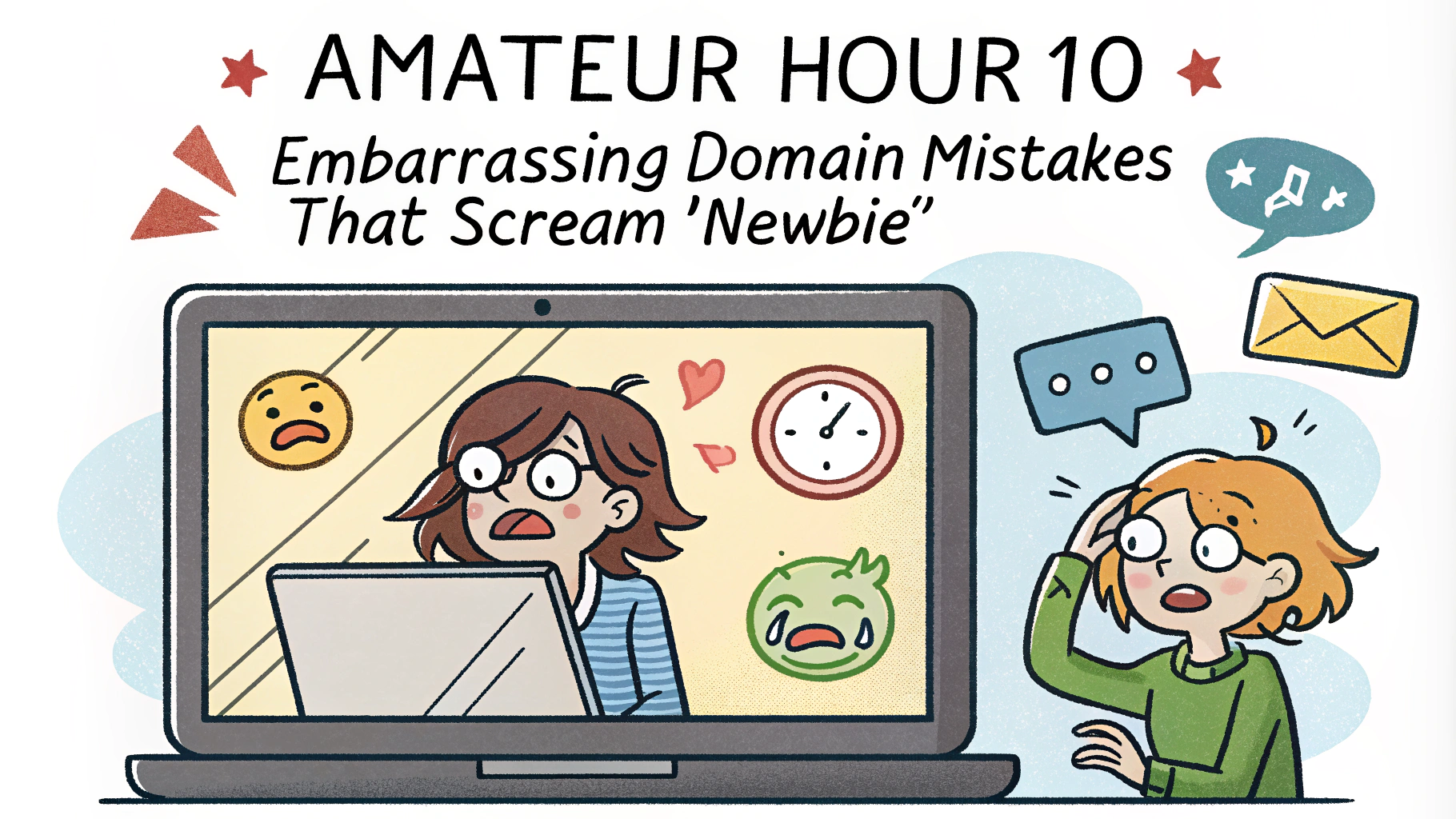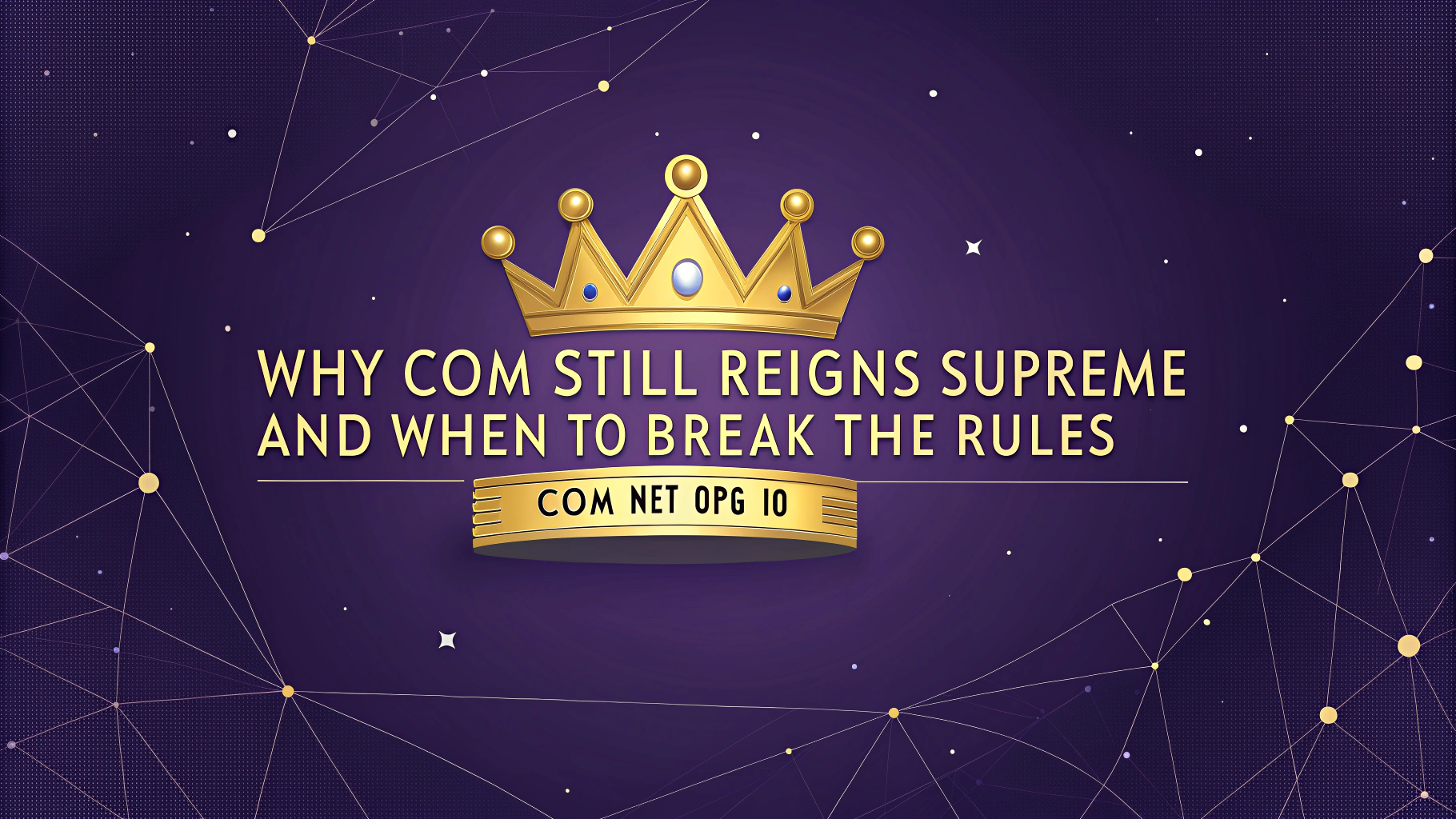Everyone wants to get the perfect domain name for their website. It’s a decision that will stay with you for a long time, so you better get it right.
Although it’s possible to change your site or blog’s domain, it could be a tricky process so it’s best tp avoid it if possible.
So choose carefully to pick the ideal domain now. It’s the name you’ll be saying — and typing — hundreds and thousands of times as you share it with business associates, customers, and your site’s audience.
If you’re stuck trying to think of what to call your domain, read on to get great ideas on how to come up with a cool name for your website.
What Type of Name/Site?
Here are some key points to bear in mind:
- For content and community oriented websites — where the website itself is the product — there is a wider range of acceptable names. The domains can either be a brandable or be slightly longer and be more descriptive with keywords.
- In contrast, product related names benefit by being more brandable. They need to sound cool. They’re often single word brands that need to appeal to users, paying customers and VCs.
- Or if you’re looking for a company/business name then it should be quite straightforward. The only thing to decide is whether to go for the exact match or to settle with modifiers ie adding a ‘llc’ / ‘inc’ suffix to a .com or to use an alternative extention.
The expectations for the names/domains are vastly different. And hence the budget available for each of them will be different too.
As a result, the domain naming strategy used will need to suit the branding requirements and the budget.
Understand your Site & Audience Thoroughly
- What’s your site all about
- Who is your site trying to reach
- What does your site offer to readers
- Why should people come to your site
- How does your site help readers
5 Simple Domain Naming Strategies
#1 Focus on your readers & community – zoom in to describe what readers will become by reading the content in your site. Are you a community full of Fitness Nerds, Smart Bloggers, Thrifty Parents, Nocturnal Gamers, DIY Fashionistas, or what? This is an effective naming strategy to connect with your audience even before they arrive at your website. They already know what it’s about, what they’ll learn and who else follows your site.
#2 Highlight what you’ll do for your audience – use a descriptive phrase to tell prospects what your site will do for them. Literally spell it out – becomeaballerina.com, iwillteachyoutocook.com, wehelpyou2befit.com, findyourdreamjob.com, beabetterboyfriend.com, learntoinvestwisely.com etc. It may be a bit longer than other naming styles, but it’ll be unique and memorable.
#3 Describe the subject matter of your site – keep it short, sweet and get to the point. This naming technique isn’t very exciting but it does the job. The only thing is you might not be able to get the .com if your site is about a common hobby or interest. So you may have to buy alternative domain extensions. Eg. sciencetutoring.net, coolfunstuff.com, investingincrypto.co, vegancooking.info, backyardgardening.tv etc.
#4 Use your personal name as your domain – this is an obvious choice, especially for a personal blog. You can use any combination of your first, last and middle names in full, or just with an initial. If you’ve got a common name that’s already taken, add a modifying word — like ‘blog’ as a suffix or ‘I am’ as a prefix.
#5 Create a name about who you are – it can be real, fun, funny or whatever you want it to be. The name can reflect some part of your personality or be an entirely separate online persona. Are you – thehungrystudent.com, adancingchef.com, bumblingbaker.com, sleeplessinsydney.com, aconfusedkid.com, or thenamelessblog.com?
What domain (extension) to get for my site?
You should always try to get the .com domain for your website if you can. It is the most popular, widely known, easy to remember and best top level domain (TLD). It is also one of the cheapest, where you can find domain registration prices for less than $10 at some registrars.
Since everyone wants a dotcom, almost all the great domains have been taken already. So you need to be very creative to come up with a name no one has thought about before.
Or you can modify the name you like using an additional word, using an ‘i’ prefix like iPhone, an ‘e’ prefix like eBay, or numerous other clever ways to create a unique .com domain name.
What is the next best extension after .com?
There are lots of opinions on what are the second or third best domain name after the dotcom.
The answer you get depends on who you ask, what your website is about and most importantly who’s your target audience.
Ultimately, your name has to resonate with the people you’re trying to reach. It has to be meaningful to them in order to make an impact and pique their interest. There’s no point having a fancy name that’s confusing to your target market.
For example, the dot io (.io) domain extension has become very popular with the hacker community and tech startups. Having a .io domain is cool to coders, geeks and tech nerds, so it may be a good second choice after the dotcom.
But if you’re targeting people who aren’t very Internet savvy, a .io domain wouldn’t be a good idea at all. For such audiences, you should stick with a .com and pick a name that’s available or use modifiers to come up with a domain that’s not taken yet.
The majority of web users have come across websites using a variety of domain extensions already. With the recent addition of hundreds of new global top level domains (new gTLDs), the Internet is getting flooded by all sorts of domains.
As more sites use these rarer domain extensions, the general public will become more aware of non .com domains. In the meantime, it is still quite risky to use domains that are relatively unknown, unless you’ve got a niche audience that’s quite familiar with the web.
For personal sites and blogs, a popular alternative to .com is the .net extension. Dotnet was established as one of the oldest domain extensions, together with .com and .org back in the 1980s.
Millions came across it from their Internet Service Provider’s (ISP) domain name, such as comcast.net and verizon.net. In fact most Americans used to have an email address with a .net domain.
If your dotcom isn’t available, do consider registering a dotnet – it’s affordable, well-known and relevant for all types of websites.
In recent years, a popular alternative to .com is the .co domain extension. Needless to say, it is extremely similar and explains why it is a great second choice.
Some people even like a .co as it is shorter and makes the brand seem innovative with the unique 2 letter extension. ‘Co’ is also widely used to mean ‘company’ or ‘corporation’ eg Pepsico,
For personal blogs, a good option is the .me domain when the .com for your site’s name is already registered. It is particularly suitable if you are using your name in the domain.
Dotme domains are also an ideal fit for websites using a naming strategy that focuses on the user ie dancewith.me, about.me, meet.me etc.
The .tv domain has also been around for some time and it also has an intuitive meaning. With the growth of video on the web and live streaming services, this could be a perfect domain for the right site.
There are plenty of other domains that could be a good alternative to a .com – it largely depends on the nature and focus of the site.
For example, .club is ideal to name a site for clubs and groups with a common interest. Or .app may be the best domain for application developers and mobile apps if the .com is gone.
For corporate websites and locally focused businesses, a country code top level domain (ccTLD) may be the best choice or a second best behind the dotcom. Eg .co.uk for UK companies, .fr for French firms, .de in Germany and so on.











